Omar El Akkad grew up believing in an idealized America. Born in Egypt, raised in Qatar, and transplanted as a teenager to Canada, the writer saw the west for its freedoms – a place where, unlike at home, he could check out a William S Burroughs book from the library and where the naked baby on the cover of the Nirvana album he had on repeat hadn’t been blacked out by a censor.
He’d go on to build a career as a reporter with the Globe and Mail, covering the US occupation of Afghanistan, the prison at Guantánamo Bay and the Arab uprisings of 2010-2011, before moving to the US and publishing two award-winning novels – American War, an account of a future US ravaged by war and climate disaster, and What Strange Paradise, a story of a Syrian boy who survives a shipwreck off of Greece.
Despite El Akkad’s front-row seat to some of the worst manifestations of American power, he didn’t stop believing. But that changed with Israel’s bombardment of Gaza after the 7 October attacks. The scale of the US taxpayer-funded offensive spurred a crisis of faith El Akkad narrates in a new, non-fiction book: One Day, Everyone Will Have Always Been Against This.

The title stems from a tweet El Akkad published on 25 October of that year, decrying what he saw as the complicity of political and cultural power centers in the violence, whether through silence, justification or active support. After completing a draft of the book, he says his editor recommended repurposing the tweet for the title. “I’m on this mission to try and convince people that I didn’t just take a tweet and expand it out to 250 pages,” he said.
The result is a searing journey through El Akkad’s own history and relationship with the so-called free world, punctuated with descriptions of horrors livestreamed from Gaza.
We are still living in the cataclysm, and it’s anyone’s guess what world will emerge from it. But for El Akkad, the moral bankruptcy of western liberalism, with its addiction to material comfort at any expense, is beyond salvation. The bombardment of Gaza, he writes, “will be remembered as the moment millions of people looked at the west, the rules-based order, the shell of modern liberalism and the capitalistic thing it serves, and said: I want nothing to do with this.”
The Guardian spoke with El Akkad while he toured the UK to launch the book. We covered Gaza, American indifference, Donald Trump – and why despite it all, he still has hope.
NY: You write that the book is “an account of a fracture”. It really does read that way – as though your relationship to this part of the world, which had picked up some minor cracks over the years, shattered into pieces during the bombardment of Gaza. How did you manage to write through that crisis?
OEA: I’ve been going to British and American schools since I was five years old. I’ve been very much attuned to this part of the world from a very young age. One of my formative childhood experiences was holding up magazines to the light to try to read past the censors’ black ink.
Over the last year and a half, there’s been an element of personal complicity that renders all these relatively tiny fractures that I’d seen growing up or over the course of my life, part of a bigger break. I’m sitting on the launching side of the bombs. My taxpayer money is paying for this, and I’m watching it in almost real time. Those factors make it much more difficult to think of this as just another fissure that I can Band-Aid together with my overarching thoughts about what the west is. It’s an account of a severance: there’s been something that I’ve been anchored to for most of my life. Now I feel unanchored from it, but I don’t know what I am on the other side of that.

NY: You reported on the “war on terror” for years, including in Guantánamo and Afghanistan. Why do you think it was Gaza that brought on a fracture of this magnitude?
OEA: I think the short answer is threefold: immediacy, scale and cowardice, the latter being my own. In the context of being a journalist during the “war on terror” years, and covering a place like the prison at Guantánamo Bay, I was still able to impose a kind of distance between myself and my role in this part of the world, and what I was seeing. That’s to say I was able to think of it as a kind of anomaly – that underneath it, there was a bedrock of something good and something fundamental that would hold.
I have personally found that impossible to do when every morning I wake up conditioned to know that if I open up my social media feed and I see a picture of a smiling Palestinian kid, it’s almost certainly because that kid has just been killed. It makes that particular form of psychological self-defense unavailable to me. And of course, there’s the scale [of the violence], which I think is pretty self-evident. All of these things are intertwined, I think, with my own cowardice in my ability to have been able to look away for so long. I can’t do that anymore.
NY: It seems like a lot of your most scathing critiques are reserved for the “western liberal” – the person who might express sympathy with the oppressed but doesn’t want to speak out, whether because of the cost or for other reasons of inconvenience.
OEA: For me there’s been a difficult reckoning with where to direct my rage politically, in terms of the rational versus the visceral. Rationally, I know on almost any spectrum that the current administration is worse, maybe than any administration in my lifetime.
But viscerally, what brought us to this moment inspires a different kind of rage, because of the chasm between the performance and the reality. You watch a presumably liberal, progressive administration send you fundraising emails talking about Donald Trump as an existential threat to American democracy, and then you watch the leaders of that same Democratic party pal around with this guy a few weeks after the election at Jimmy Carter’s funeral. You receive fundraising emails talking about the climate crisis as an existential threat to the planet, and then you see a campaign predicated on not doing very much about it at all. You see press secretaries talk about the desire for a lasting peace while funding an endless war.

I think that this chasm between the performance of a particular kind of virtue and a cold, calculated reality is part and parcel of how we end up in this situation. Whatever I may think of someone like Donald Trump, that gap between the performance and the reality is, by any account, substantially smaller.
NY: Trump is demolishing the federal government as we speak. Is that part of the same story you tell, of a system collapsing under the weight of its own myths?
OEA: I think that one of the very few fairly reliable trajectories in American politics over the last quarter century is to take whatever was on the fringes of the Republican party 10 or 15 years ago and see whether it’s in the center today. One of the things that terrifies me about someone like Donald Trump is not the inherent extremism of every facet of his political being, but the likelihood that he will be considered tame by the standards of whatever the Republican party is becoming.
Any system that at its heart is insatiable is going to lead us to a place like the one we’re in. Any system predicated on endless taking – the taking of land, the taking of resources, the taking of lives of people who get in the way – is going to take us to these kinds of places. I find myself less and less concerned with trying to moderate the speed with which we are racing towards a particular conclusion, than actually trying to change the system that leads us to that conclusion.
NY: I think a lot of people, the same people you might have indicted six months ago for not speaking out, are really panicked at the moment. Can that complacent liberalism be directed into more urgent action?
OEA: Yeah, absolutely. Look toward the solidarity networks that have been created at the ground level in response to both the last year and a half and to whatever the Trump administration is doing. And as cynical as I have become about the west’s institutions – be they political, academic, cultural, whatever – I’ve had the exact opposite reaction to the immense amount of courage shown at an individual and communal level. Those systems are in place. Yes, they’re fighting an uphill battle, but they exist.
Any proposed solution would need the middle-of-the-road, liberal power structures – which in the United States, is overwhelmingly the Democratic party – make a firm decision one way or another on whether they want to undertake an overhaul to fight this directly, or whether they want to continue as a kind of diet version of something centrist, when the center continues moving to the right further and further every day.
NY: Does that mean you have some hope?
OEA: Yes! This is a very weird thing to say about a stone-cold bummer of a book but I do think of it as a profoundly hopeful book. I’m watching doctors fly into the middle of a killing field and perform surgery. I’m watching dock workers refuse to load missiles on to ships. I’m watching students at Ivy League universities who have been handed a free pass to the good life hand that pass back in the form of protest for a people who can offer them essentially nothing in the way of material reward.
I wrote a book – in the grand scheme of things, it doesn’t matter in the slightest. Other people are out there doing the work, and I am leeching courage from them. And to me that is incredibly hopeful, because otherwise I would just be left having turned away from all of these institutions and their immense resources, and facing what? Facing nothing, essentially.
This interview has been edited and condensed for brevity and clarity
-
Omar El Akkad is an author and journalist. His debut novel, American War, was named by the BBC as one of 100 novels that shaped our world. One Day, Everyone Will Have Always Been Against This is out in the US on 25 February

 German (DE)
German (DE)  English (US)
English (US)  Spanish (ES)
Spanish (ES)  French (FR)
French (FR)  Hindi (IN)
Hindi (IN)  Italian (IT)
Italian (IT)  Russian (RU)
Russian (RU)  4 hours ago
4 hours ago


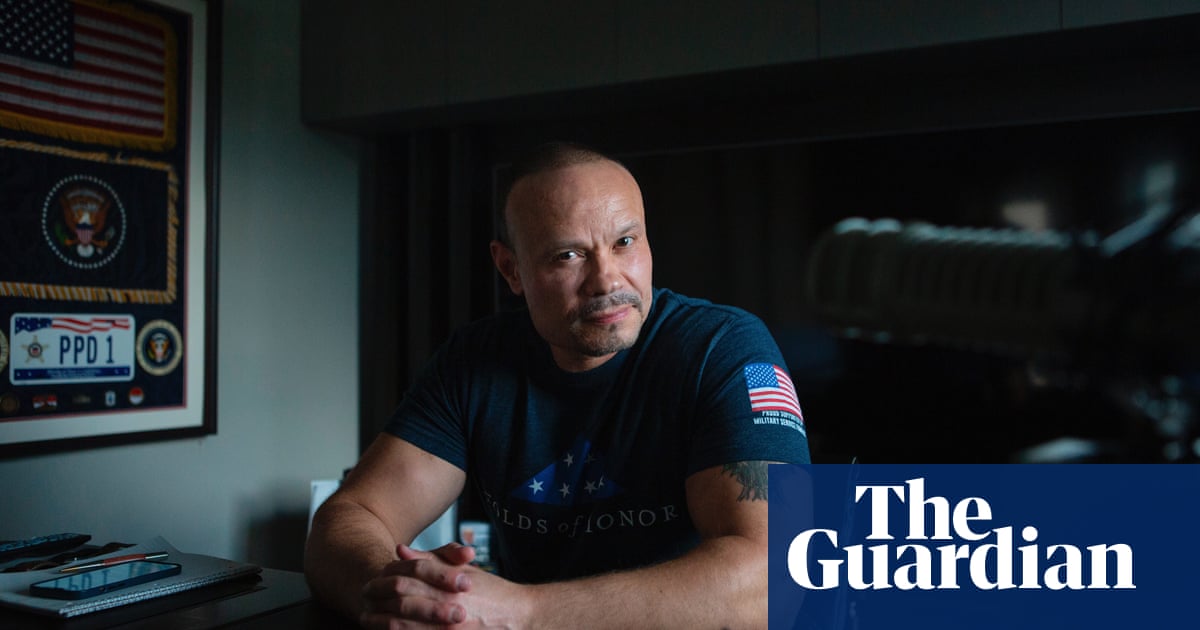



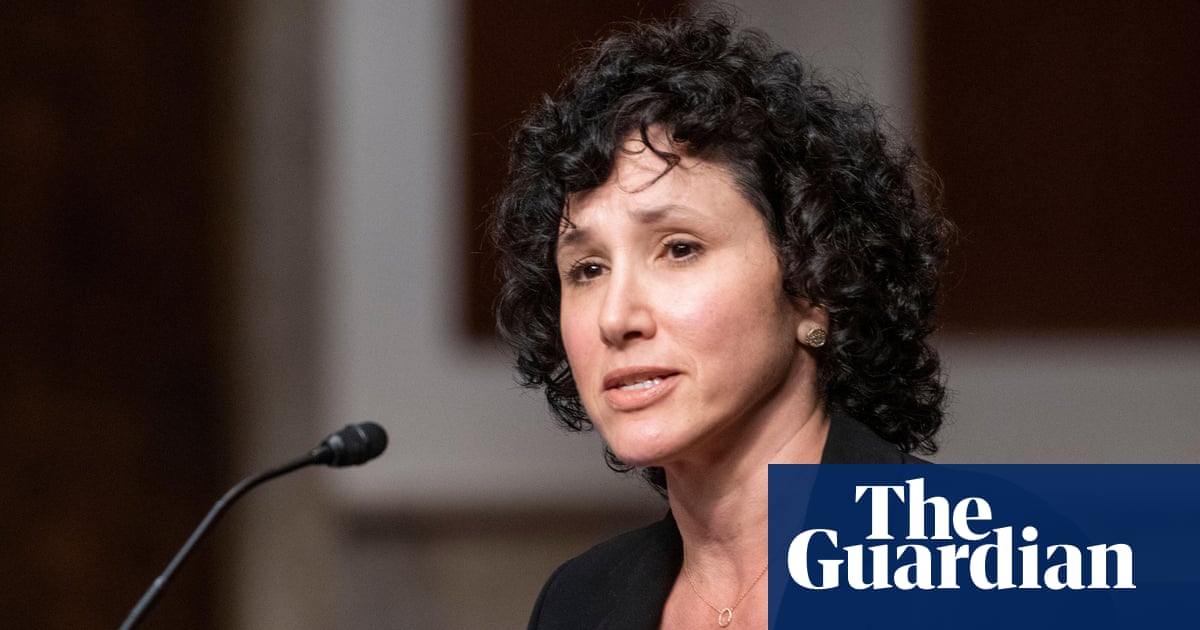

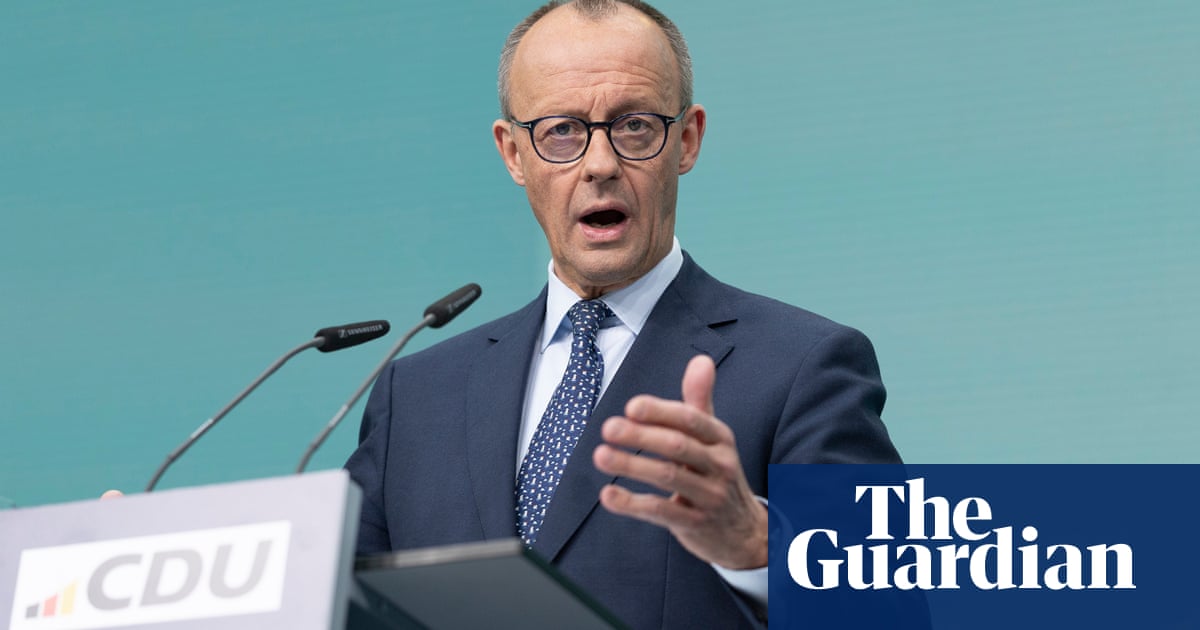

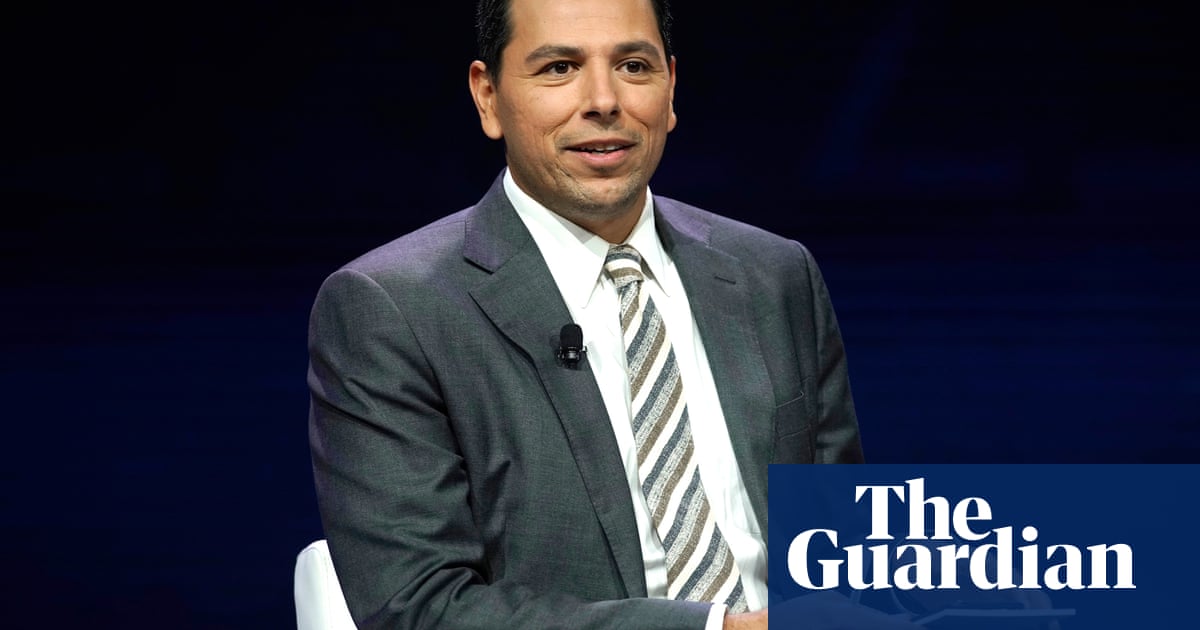



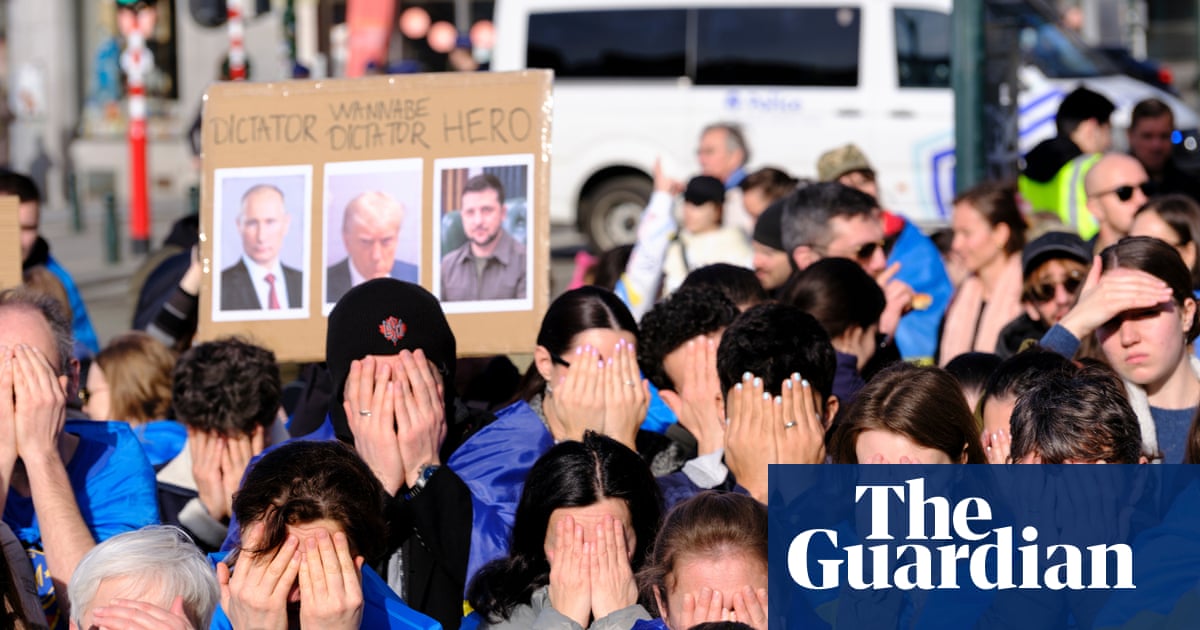



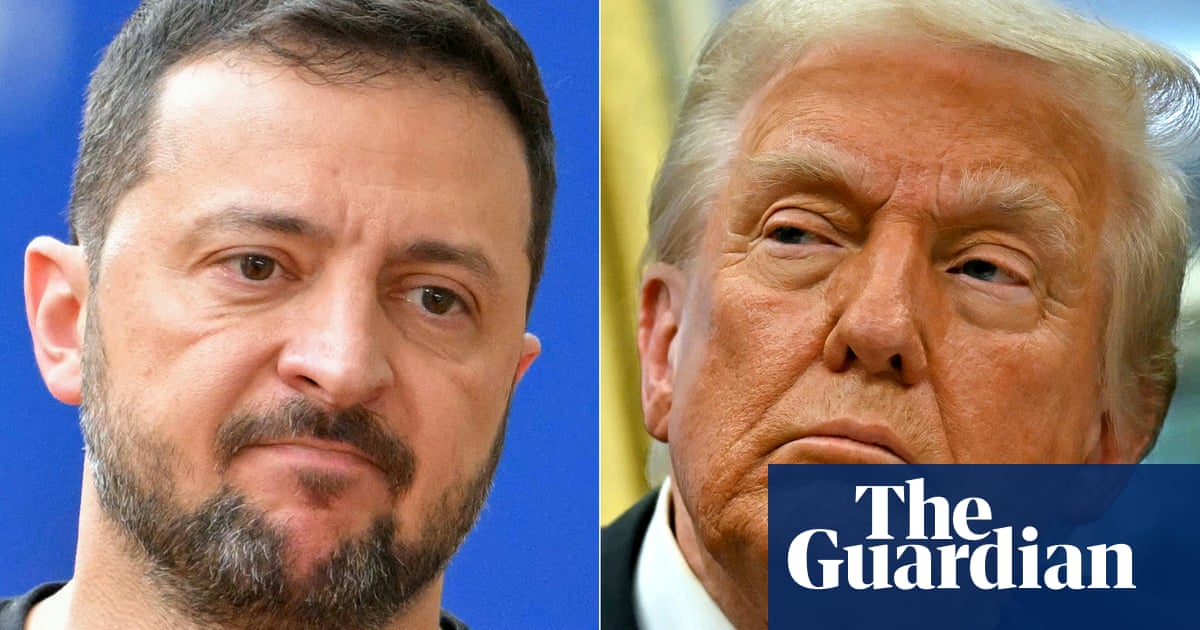




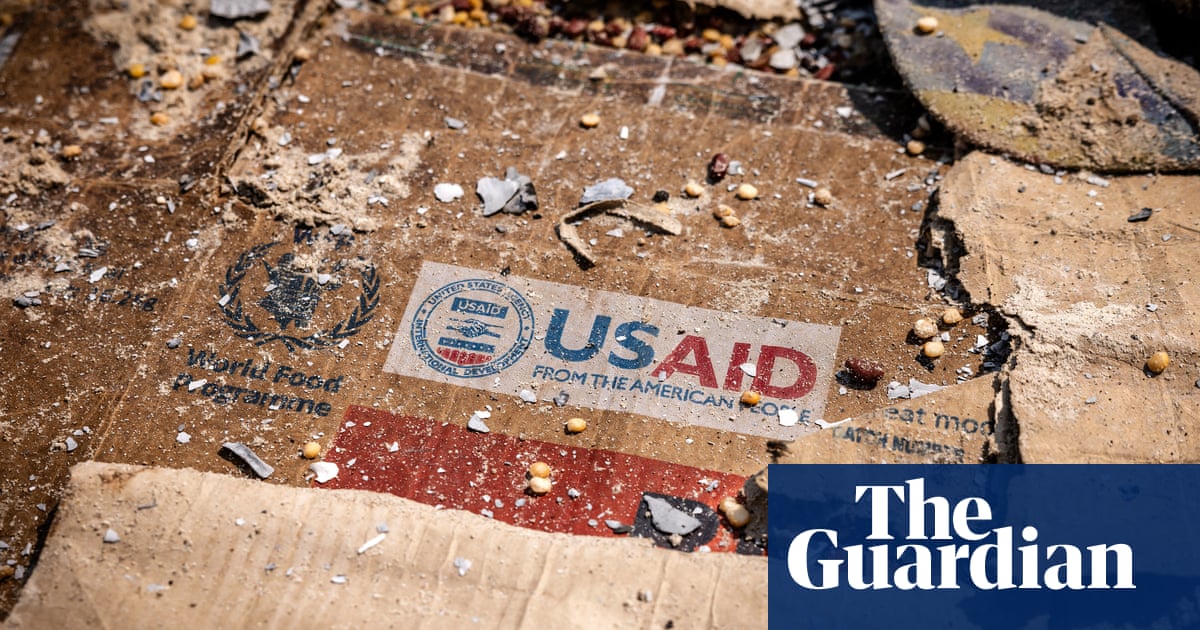
Comments